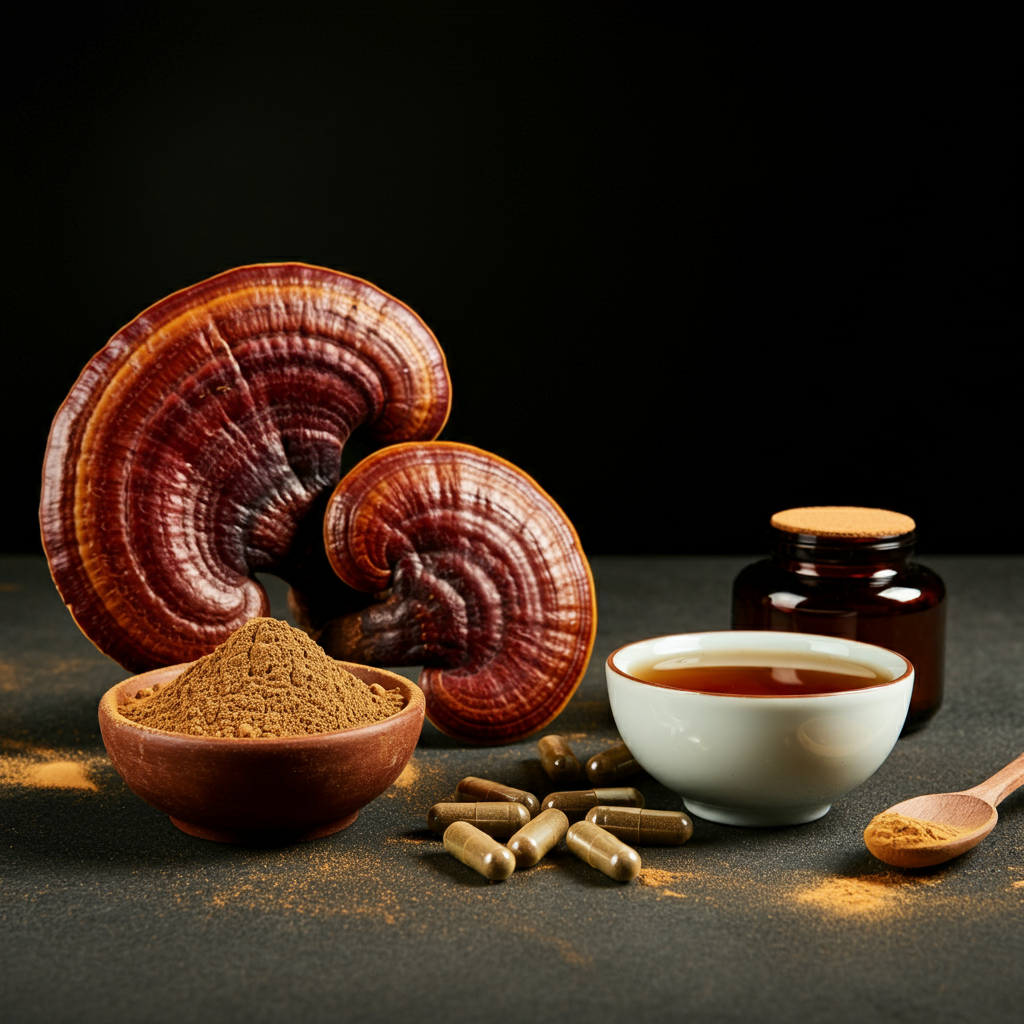What is Lentinan?
Lentinan is a type of beta-glucan found in shiitake mushrooms (Lentinula edodes). It’s a complex polysaccharide that has been studied for its potential health benefits, particularly in supporting the immune system. While traditionally extracted from the fruiting bodies of shiitake mushrooms, it can also be produced by cultivating the mushroom’s mycelium.
Lentinan has been heavily studied, particularly by Japanese scientists, in the context of supporting cancer treatment. The first clinical trials conducted with Lentinan date back to the early 1990s.
Lentinan in Fruiting Bodies
The Lentinan content in Shiitake mushrooms can vary widely depending on the strain and the cultivation methods. One study showed that the Lentinan content of fresh Shiitake varied between 260 and 824 mg/100g (fresh weight) simply due to variance in strain. The rate degradation of Lentinan was also shown to be widely different depending on the strain.
Another study that compared the high-molecular-weight polysaccharide content on log-grown and substrate-grown Shiitake showed differences ranging from 38.6mg/g (dry weight) on log-grown fruiting bodies compared to an average of 22.4 mg/g in specimens cultivated in sawdust-based substrates. This study also showed some strains resulted in higher concentrations of Lentinan when cultivated on logs of different tree species.
Dosage of Lentinan
Clinical studies have shown that Lentinan is effective at low doses of 2-5 mg/day. A few studies utilized doses of up to 500 mg/day. Due to the high bioactivity of Lentinan and the relatively high concentration found in fruiting bodies, it is suggested that the consumption of fruiting bodies or supplements derived from fruiting bodies can be an effective therapeutic.
How Does Lentinan Work?
Lentinan supports a healthy functioning immune system by activating immune cells and promoting various immunological processes. For example, it encourages immune cells to produce more defense molecules called cytokines. These molecules are like signals that alert other immune cells and help direct their actions.
While it’s not directly toxic to cancer cells, its immune-boosting abilities help your immune system to combat cancer cells. This has been shown to be particularly effective when combined with other cancer therapies, such as chemotherapy.

No responses yet